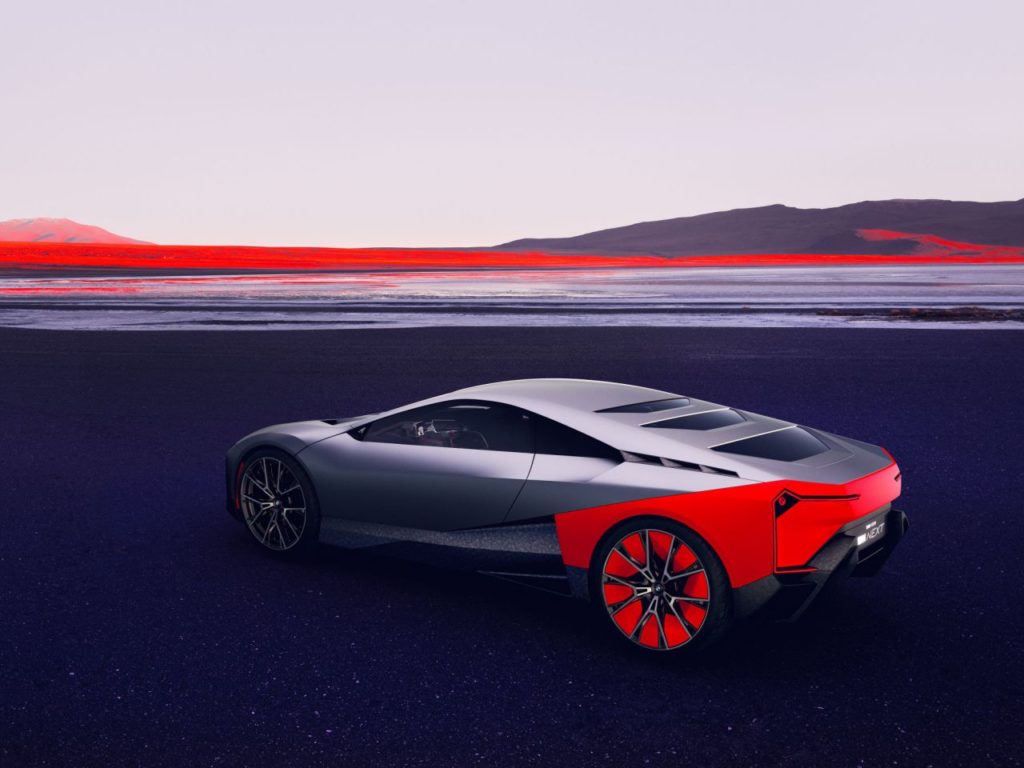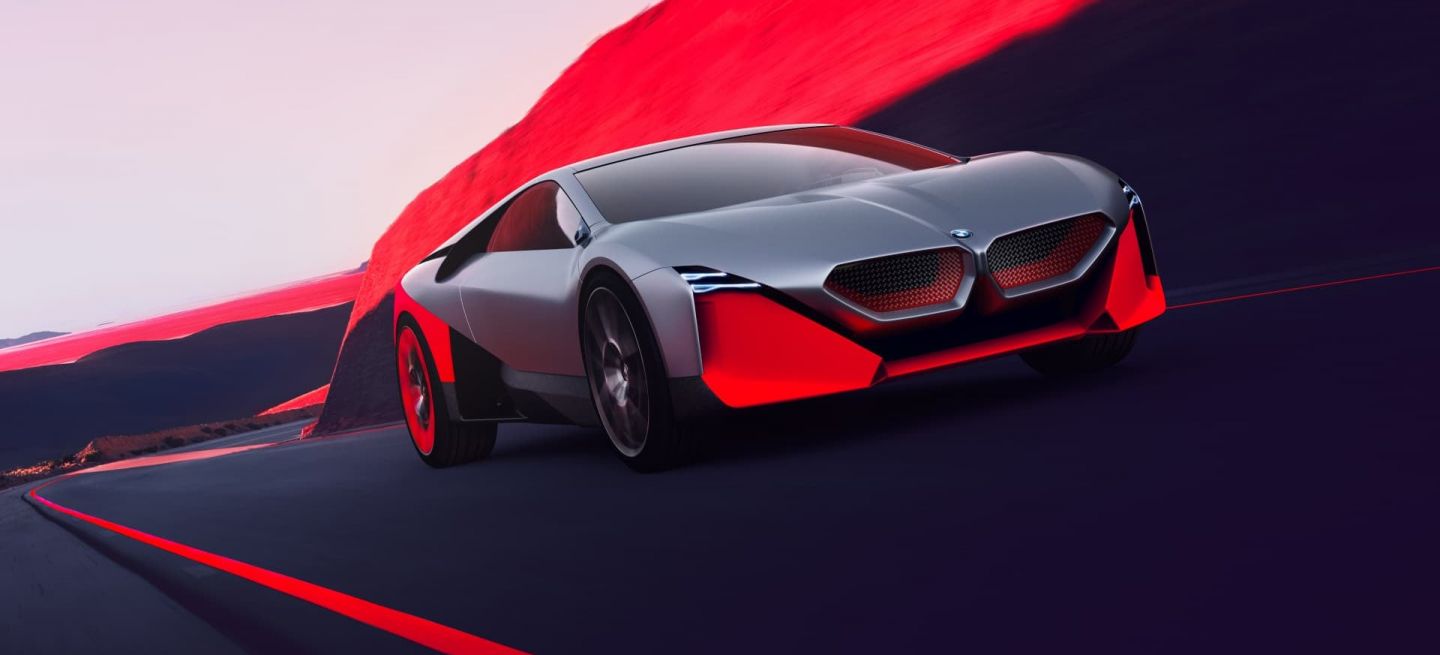A year ago, BMW presented the Vision M NEXT prototype. A preview of its future sports models that showed the high degree of electrification that BMW will bet on in a segment that, until a decade ago, was dominated by models equipped with high-capacity internal combustion. The plug-in hybrid supercar “i8” was BMW’s first step in this direction, and the Vision M NEXT was a first approach to what would become its successor.
Some rumors pointed out that the prototype would end up turning into production in the second generation of the M1, an entire institution within the Bavarian firm. However, the German press now claims that the development of the model has been delayed indefinitely due to “various reasons,” including the current crisis caused by the global coronavirus pandemic. Some sources even claim that it would have been altogether scrapped.
BMW is not the only firm that is being forced to freeze or even cancel projects. Without going any further, Volvo has recently announced the cancellation of numerous investments, removing the half-life restyling of some of its models currently for sale from its launch program. Other companies such as Renault have also made similar decisions, all having a common link: investments in electric cars and the future of the industry, for the moment remain unchanged.
The main problem of the BMW Vision M NEXT would be its extremely high development and production costs, which could hardly be covered by sales. In other words, the model would have been designed as a kind of technological “showcase” for the German group. A “halo” vehicle whose continuity probably does not make much sense in the current crisis period, in which all manufacturers are focusing on increasing your profitability.
The truth is that it was not yet too clear what type of powertrain the definitive Vision M NEXT was going to have. However, numerous sources pointed to a plug-in hybrid scheme similar to that of its predecessor, the discontinued i8. In any case, at a performance level, the new model would go one step further, as the i8 was never characterized precisely by its power or by especially outstanding technical specifications.

Possibly now BMW is focused on the development of its range of 100% electric cars “i” is a great bet for the future. By 2023, the German conglomerate wants to have a total of 12 100% electric cars for sale under the BMW brands. Rolls-Royce is known to be working on battery-powered models as well. However, the arrival date of the first car with these characteristics to the range of the British manufacturer controlled by BMW is still unknown.
This year BMW will launch the iX3, an electric SUV derived from the popular X3 that will have to face, among others, the successful Tesla Model Y. In 2021 the i4 saloon, rival of the Tesla Model 3, will be added to the range, as well as the iNEXT executive SUV. A technological model similar in size to the Audi e-Tron. In the short term, other proposals will follow, such as the electric versions of the Series 1 (i1), X1 (iX1), Series 7 (i7), etc.

